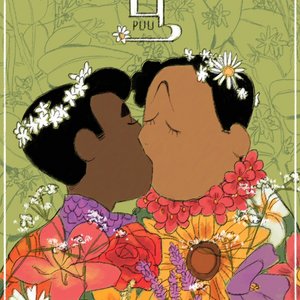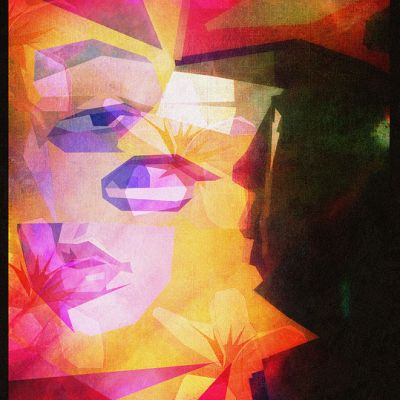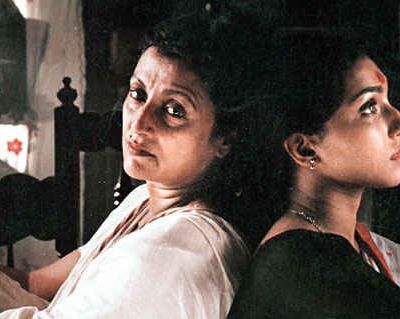Rohini Banerjee
With the shifting nature of perceptions around fandom, the discourse around Rainbow Rowell’s Fangirl has witnessed an interesting shift. While earlier, the book found almost unanimous acceptance, in recent times, it has completely faded into irrelevance.
कैथ के किरदार और उसके जीवन को दिखाया जाना वास्तव में उन अनगिनत फैनगर्ल्स के प्रति अन्याय ही कहा जाएगा जो एक फैन के रूप में अपनी पहचान को अपने वास्तविक सामाजिक और यौनिक जीवन व रुझानों पर कभी भी हावी नहीं होने देती।
This article was originally published here. It is a summer night in 2010 and my parents are asleep in the…
With the shifting nature of perceptions around fandom, the discourse around Rainbow Rowell’s Fangirl has witnessed an interesting shift. While earlier, the book found almost unanimous acceptance, in recent times, it has completely faded into irrelevance.
It is the winter of 2013, and my father and I are sitting at an awkward distance from each other…
यह बात 2013 की सर्दियों के समय की है। एक शाम मैं और मेरे पिता, घर की बैठक में सोफ़े…
Puu, an episodic comic (consisting of 92 serialised episodes) created in 2016 by Nabigal-Nayagam Haider Ali – going by Nabi online – is woven together with vast, expansive threads of similar intense spiritual moments and reflections on devotion, faith, and love.
Puu, an episodic comic (consisting of 92 serialised episodes) created in 2016 by Nabigal-Nayagam Haider Ali – going by Nabi online – is woven together with vast, expansive threads of similar intense spiritual moments and reflections on devotion, faith, and love.
In a society where queer sexuality had been demonised in not just mainstream fiction but also mainstream culture, the erotic fanfiction that emerged out of kinkfests became an important source of queer sex-positivity.
Fanfiction was more than just writing your own stories about the characters or the setting of your favourite book or TV show; it was a questioning of the dominant mainstream pop culture narrative as a whole.
It is the winter of 2013, and my father and I are sitting at an awkward distance from each other on the living room couch, our eyes trained on the television set as a popular prime time news debate discusses a subject we have never before talked to each other about – homosexuality. It is only a few days since Section 377 has been reinstated by the Supreme Court, and the television and print media bombards us with discussion after discussion on ‘alternate’ sexualities and LGBTQ rights.
Paromitar Ek Din is a study in female subjectivity – it is essentially a woman telling the story (or rather, recollecting the story) of another woman, and reflecting upon themes of sexuality, oppression, and gender-based discrimination.










